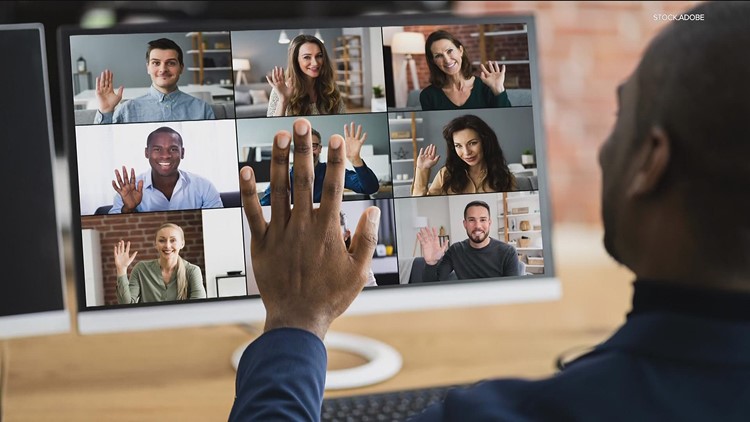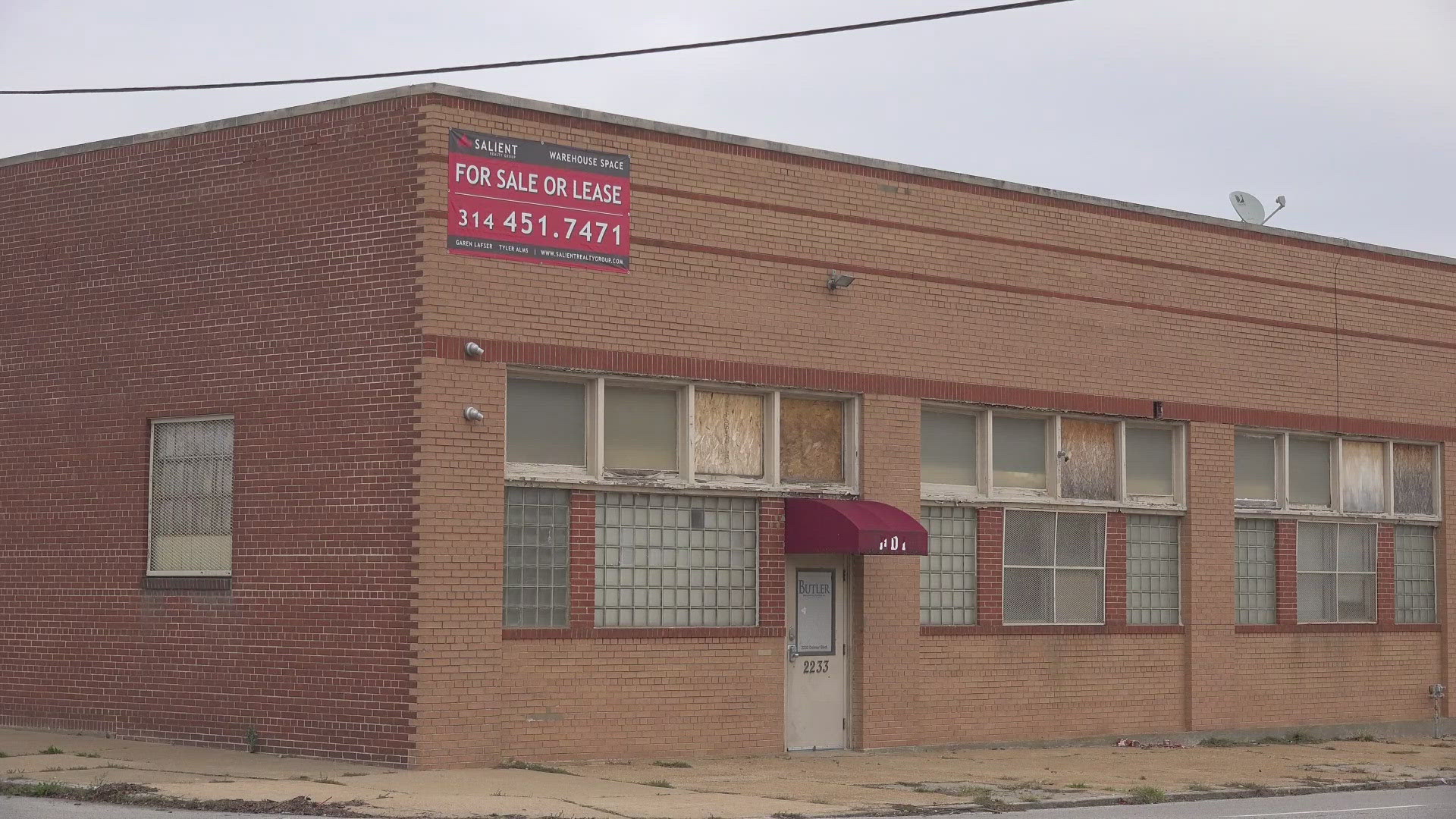Since the start of the pandemic, experts say the dynamics of the workplace have shifted dramatically.
Employees now hold a substantial amount of leverage at a time when many companies are struggling to find talent and rethinking the future of their workplaces.
With plenty of options, many workers have realized they now have considerably more control over their careers — and that is putting the onus on employers to create a workplace culture that can thrive in the hybrid environment many companies are entering as they call workers back to the office.
Studies have found the stakes are high — with a toxic culture being a top predictor of turnover — but experts warn that building and maintaining a strong culture won't be easy in a hybrid world.
Margarida Rafael, head of psychological sciences at Workzinga, has been closely watching the shift in the employee-employer dynamic during the pandemic. Rafael is a research psychologist who has fostered the evolution of the Workzinga assessment, which fuses hard-skill assessments with soft-skill evaluation and psychology, to help employers and employees understand which work culture is right for them.
“One of the big issues is that people are just leaving. Their employees are leaving. They’re asking for more. They want more flexibility. They’re not happy in the workplace, and they’re asking for more than perhaps the companies were ready to give,” Rafael said. “This shift has been a bit more challenging and difficult from the company’s perspective, who have had to adapt much more quickly than expected. From the employee's perspective, they’re really realizing that they have more power in choosing where to go when it comes to work.”
Read the full story, including a Q&A with Rafael, on the St. Louis Business Journal website.



